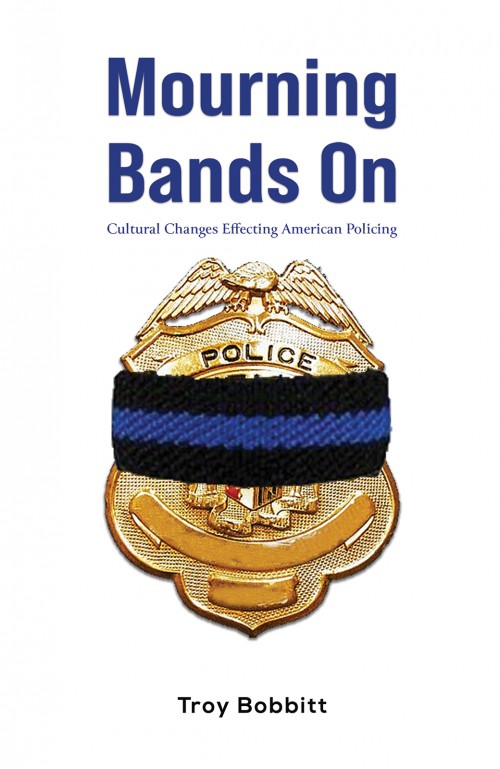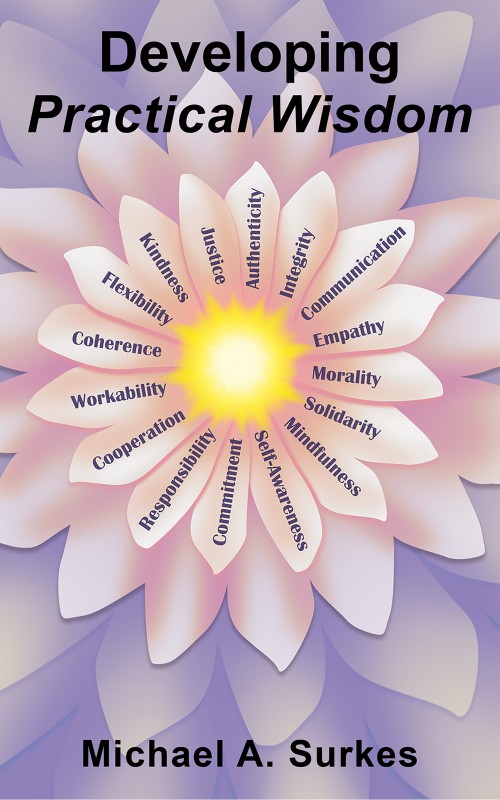-
Tulip for Tebeau
Pioneers and their schools have long had a mutually beneficial bond. This symbiosis was eloquently articulated by a Duke University resident, Broadbent, at the dedication ceremony for the Samuel DuBose Cook Center for Social Equity: “You have led a remarkable life and we are today annexing your name to the fame of this school. Some might say we are honoring you by naming the Center after you, but everyone knows the truth - we are honoring ourselves and this Center by appropriating your enduring legacy.”
Cook, a distinguished political scientist, made history in 1966 as the first Black professor to receive tenure at a predominantly White southern university in the United States. By affiliating themselves with his pioneering work, schools like Duke aim to share in the honor and social capital of civil rights icons. Yet as Broadbent suggests, the true beneficiaries of such naming opportunities are arguably the institutions themselves.
$0.00 -
The Prince of Evolution
The Prince of Evolution is the evolutionary reframing of one of the most important and controversial political texts in history. It reframes Machiavelli’s The Prince as a text expressing a revolutionary political theory that expresses an evolutionary ‘best practice’ framework for political competition.
By applying the two patterns of evolution, natural and artificial, discovered by Charles Darwin and David R. Wood. In doing so it reveals new insights and value to be derived from Machiavelli’s original text. Most importantly, by providing an evolutionary framework for every human relationship that has ever existed, and reframes Machiavelli, the man, to be just as human as you or I.
The Prince of Evolution is a groundbreaking work that will disrupt the entire field of political science. And the way we all look at organizations, communities, and ourselves.
$0.00 -
Mourning Bands On
Mourning Bands On is an accessible journey into the hypersensitive world of today’s American law enforcement. The reader is brought into the law enforcement world through an introduction to the history, function, and development of the American police model. With an understanding of policing’s role in American society, the reader is then immersed into the raucous and contentious cultural upheaval which American policing is currently experiencing.
Using well-known examples, the reader is challenged to consider how American culture is affected by critical incidents and the portrayal of those events in our media intensive world. The reader will review the cases in the deaths of Trayvon Martin, Michael Brown, Breonna Taylor, and George Floyd, as well as others. The cases are presented as a narrative of events supported by the findings and legal conclusions of the U.S. Department of Justice, Federal Bureau of Investigation. Each incident is reviewed with a view of how the incident effected American society and brought change to American culture and thus policing.
The reader will experience how American policing has changed through legislative, societal, and cultural pressure resulting from the reviewed critical incidents. With an appetite for more, the reader is encouraged to further explore the relationship between societal norms and American policing.
The work concludes with a final challenge to the reader. How do we, as a society, reform American policing to move forward after this unprecedented period of cultural change? The author offers several possible reforms to enact, what can you add to the conversation?
$0.00 -
Developing Practical Wisdom
Many people recognize wisdom as an important ideal, but the subject is rarely studied in public education or widely understood outside academia. Drawing from historical and contemporary research in psychology, philosophy, and education, Developing Practical Wisdom describes, in language accessible to any thoughtful reader, how people can intentionally learn to become wiser. The narrative provides a comprehensive set of pedagogical tools, including theories and practices, for developing deeply coherent perspectives on the world and the people in it. It explains how to cultivate coherent thinking and apply moral principles in daily life.
$0.00
We use cookies on this site to enhance your user experience and for marketing purposes.
By clicking any link on this page you are giving your consent for us to set cookies




